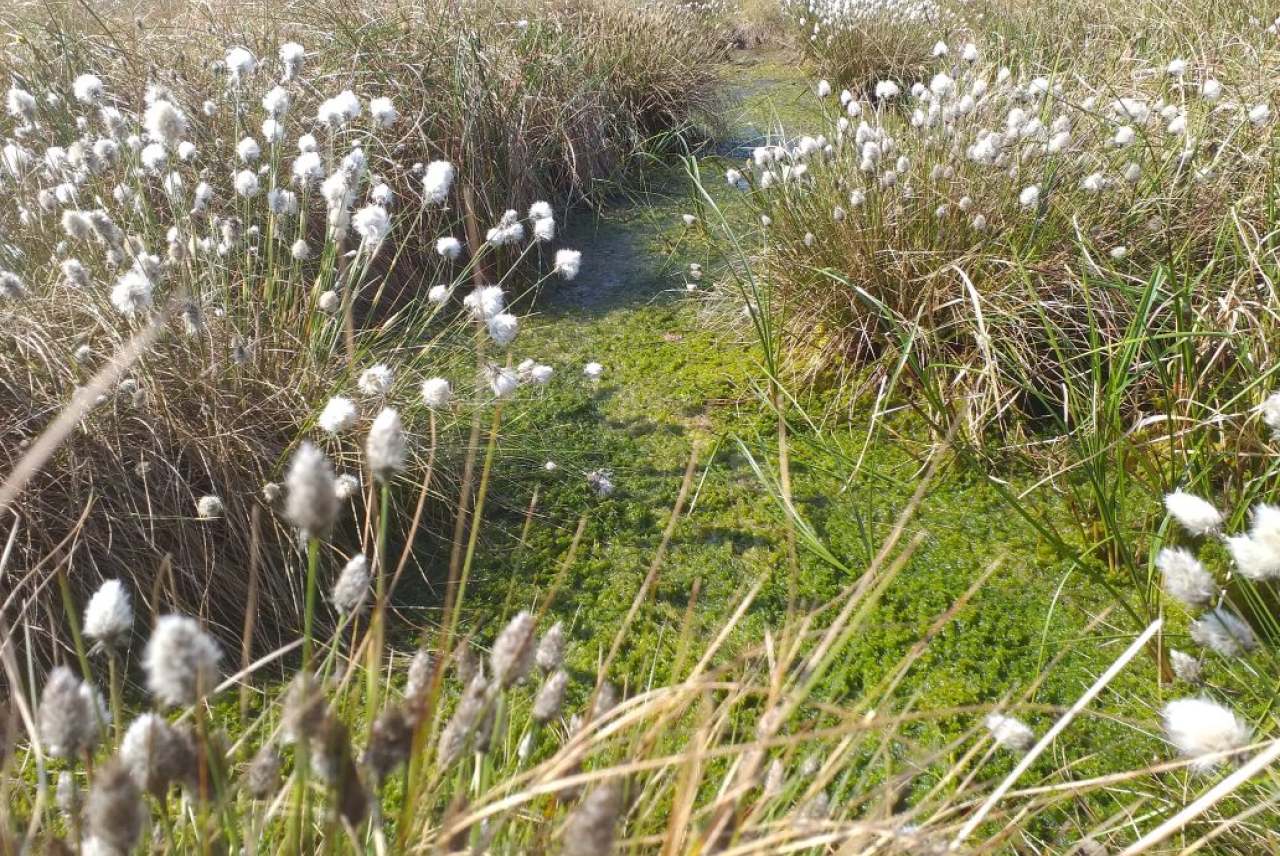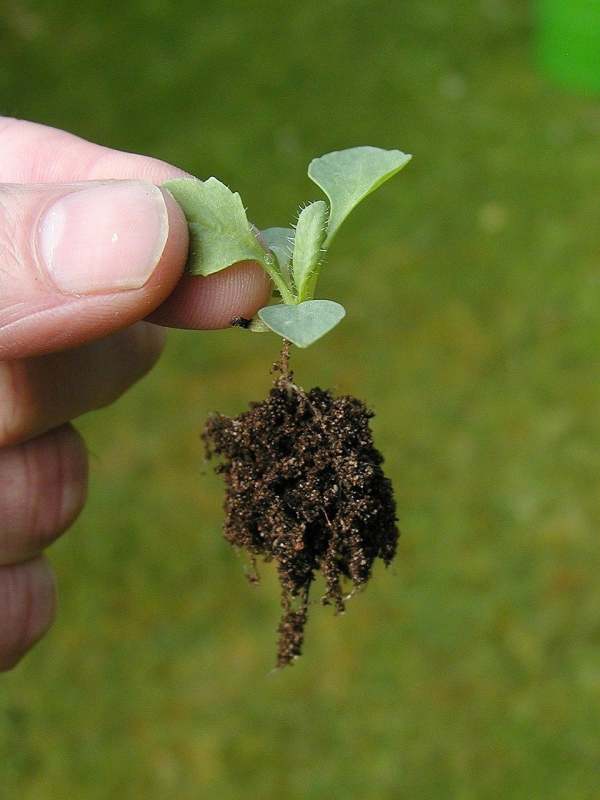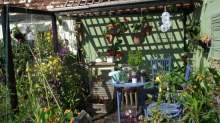Go peat-free.
That’s the simple message that campaigners have for gardeners this spring in their battle to stop peat being dug up for use in gardens, something which many, including TV gardener Monty Don, describe as an act of environmental vandalism.
However, this won’t be the first time that campaigners will be issuing this plea, as the peat-free campaign has been running for well over 30 years.
Given peat’s vital role in locking away carbon, regulating floodwaters and supporting threatened wildlife, banning its sale should have been an easy environmental win years ago.
Incredibly however, bags of peat are still being stacked high and sold cheap in garden centres, DIY stores and petrol station forecourts across the land.
The fact that peat still remains freely available is a stark testament to the failure of an industry to fulfil its environmental responsibilities, and a government unable or unwilling to perform its regulatory role.
“It’s unfinished business,” admits Paul de Zylva, a campaigner from Friends of the Earth who has been banging the peat-free drum for more than 20 years. It was back in 2010 that the new Tory-led coalition promised to phase out the use of peat for gardeners by 2020 and by 2030 for the horticultural industry.
Promises but little action
“We sat on committees with the gardening industry, the government and big retailers and we thought that this would lead to a successful conclusion,” says de Zylva. “However the government took its eye off the ball thinking everything would be fine and it let the targets slip.”
Just how far the targets slipped is shown by figures released last autumn.
Between 2015 and 2019, the amount of peat contained in composts sold to shoppers had barely fallen from 53% to 42% and it was a similarly pitiful small drop for the professional sector.
“Ministers presumed that, once it had set targets, the horticultural trade would deliver on that,” says de Zylva. “That didn’t happen and it shows how over-reliance on businesses to self-regulate and to respect voluntary targets is a sure-fire way to failure.”








